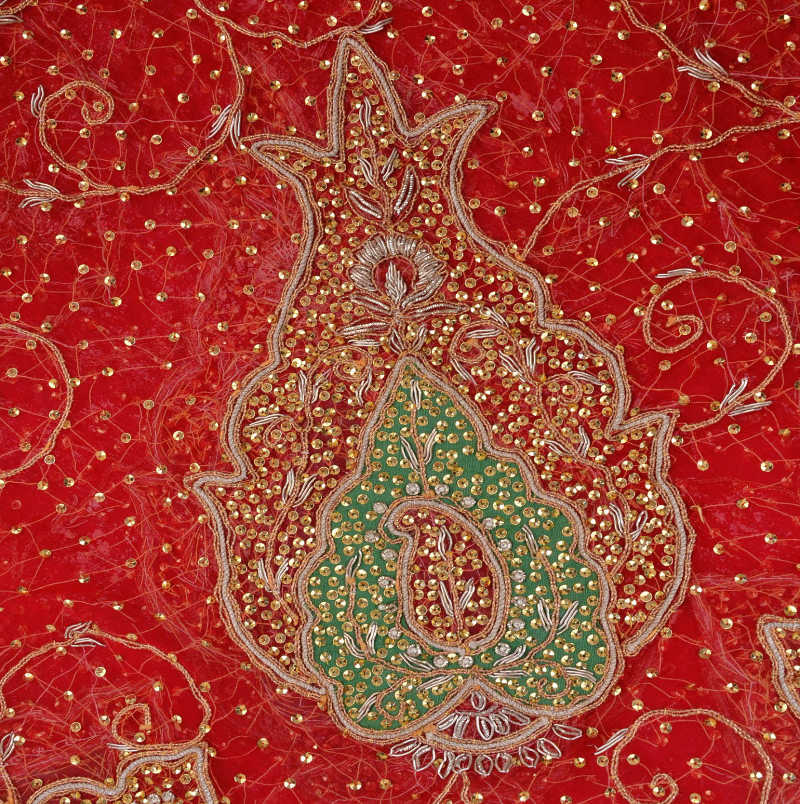===
0490,
3
===

=== |
 |
((aaqibat : 'In the end, finally, ultimately, at last, after all'. (Platts p.757)
hove is an archaic form of ho .
jur))at : 'Boldness, daringness, audacity, temerity, bravery, courage, valour'. (Platts p.379)
FWP:
SETS
MOTIFS
NAMES == FARHAD
TERMS == TUMULT-AROUSINGWe should also note that in the first line kaam means both 'work, task' and 'desire'; the former is grammatically highlighted, but obviously the second meaning is hovering close by.
Note for grammar fans: The kar ( ke ) gayaa emphasizes that Farhad did it with finality-- he did it and went on elsewhere (into the beyond). This idiomatic verb form thus elegantly resonates with the rest of the line.